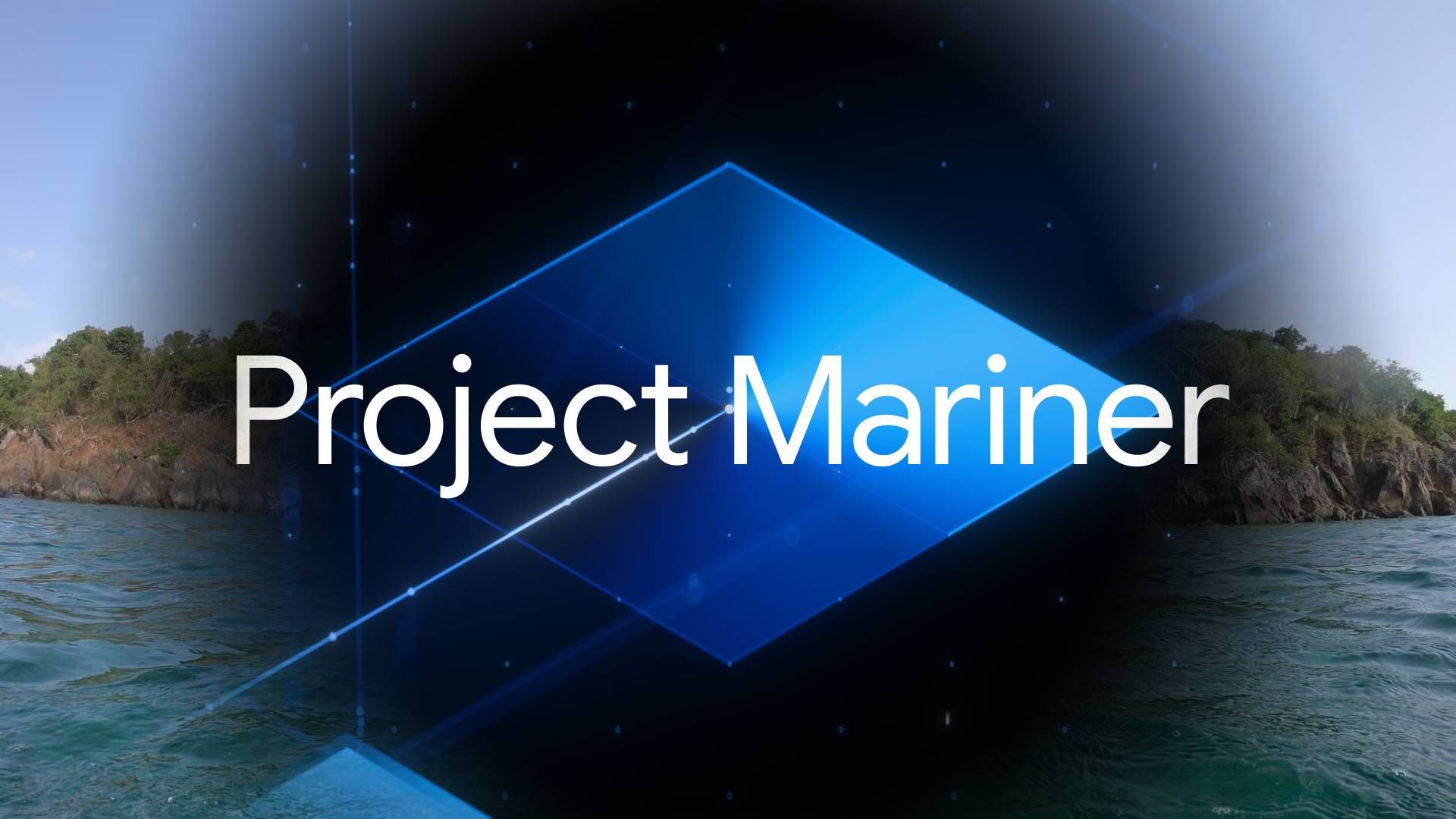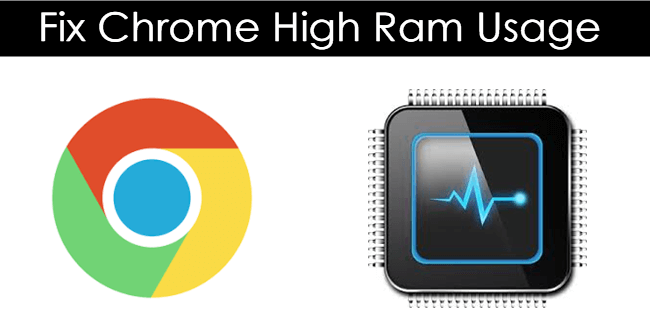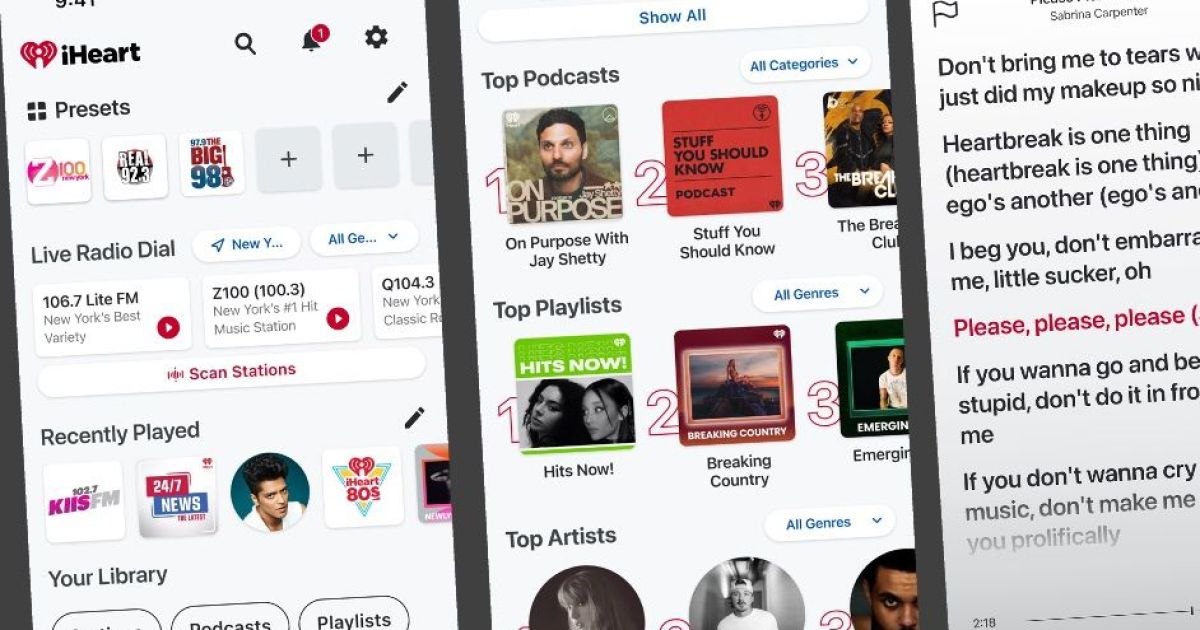Summary
- Google’s new AI agent, Project Mariner, tackles internet tasks via the Chrome browser for Windows, based on user prompts.
- Users must watch Mariner work in the active tab, limiting its time-saving capabilities for now.
- Google recognizes it’s a work in progress, and is actively bringing it up to speed.
When a Chrome extension codenamed Project Jarvis leaked, its ability to completely take over your browser inspired a mixture of awe and worry. A couple of weeks later, Google accidentally pushed a non-working Jarvis listing to the Chrome Web Store, reaffirming its upcoming launch.
After several opportunistic AI apps swiping the name “Jarvis,” the Gemini 2.0-powered AI agent has re-emerged as Project Mariner, presumably because it can surf the digital sea without (much of) your help (via @techcrunch.com on BlueSky). But you won’t yet be able to multitask while it navigates, so don’t get too excited.
Related
Google unleashes Gemini 2.0 with new image and audio powers for the AI agent era
Almost exactly one year after Gemini 1.0
The all-knowing Mariner will still need your oversight
Prepare to have patience staring at web pages
Source: Google
Users have dreamed of letting AI do the menial stuff like shopping for staples and finding cheap lodging since it first went mainstream. Typically, each AI tool works exclusively within its own interface and at the user’s behest, but that’s changing. Beginning with “trusted users” and slowly expanding via waitlist, Project Mariner slogs through the internet for you, doing its best to tackle busywork.
But, as is so often the case, there’s a catch. After receiving your commands via chat window, it gets to work — and you have to watch it. For now, you won’t be able to set it and forget it while satisfying your social media addiction in another tab. As Google explains, “Project Mariner can only type, scroll or click in the active tab on your browser,” so it won’t be much of a time-saver yet.
To be fair to Google, it makes Mariner’s prototype status clear on the Gemini 2.0 introductory blog post. “It’s still early, but Project Mariner shows that it’s becoming technically possible to navigate within a browser,” the blog notes, “even though it’s not always accurate and slow to complete tasks today, which will improve rapidly over time.” It goes on to explain how the team is “conducting active research” on testers use of “an experimental Chrome extension.”

Related
I’m convinced AI will take over, but not in the way you think
We’re outsourcing people skills
Google Mariner still needs a first mate
Guess who’s responsible for guiding it
Source: Google
One could reasonably guess that, in addition to speeding up, Project Mariner may eventually be able to browse in the background, although Google hasn’t mentioned that yet. Jaclyn Konzelmann, Google Labs Director, sensibly justified the limitation in a conversation with TechCrunch, calling it “a fundamentally new UX paradigm shift,” and highlighting the “need to figure out the right way” for Mariner to take over a PC. That’s reasonable on its surface, as is Mariner’s inability to submit sensitive information like payment details, addresses, and consent to privacy policies.
Like nearly every new AI tool, though, Mariner’s early restrictions, slow performance, and generally cautious implementation underscore how users aren’t just the sources of data, we’re also the guinea pigs, beta testers, and product. Nonetheless, while Mariner isn’t ready for prime time, the much-heralded tool does provide a window into the utilitarian potential of Gemini AI, which can still seem like a solution in search of a problem at some points.

Related
5 reasons Google’s AI is leagues ahead of Apple Intelligence
Even comparing the two feels unfair







